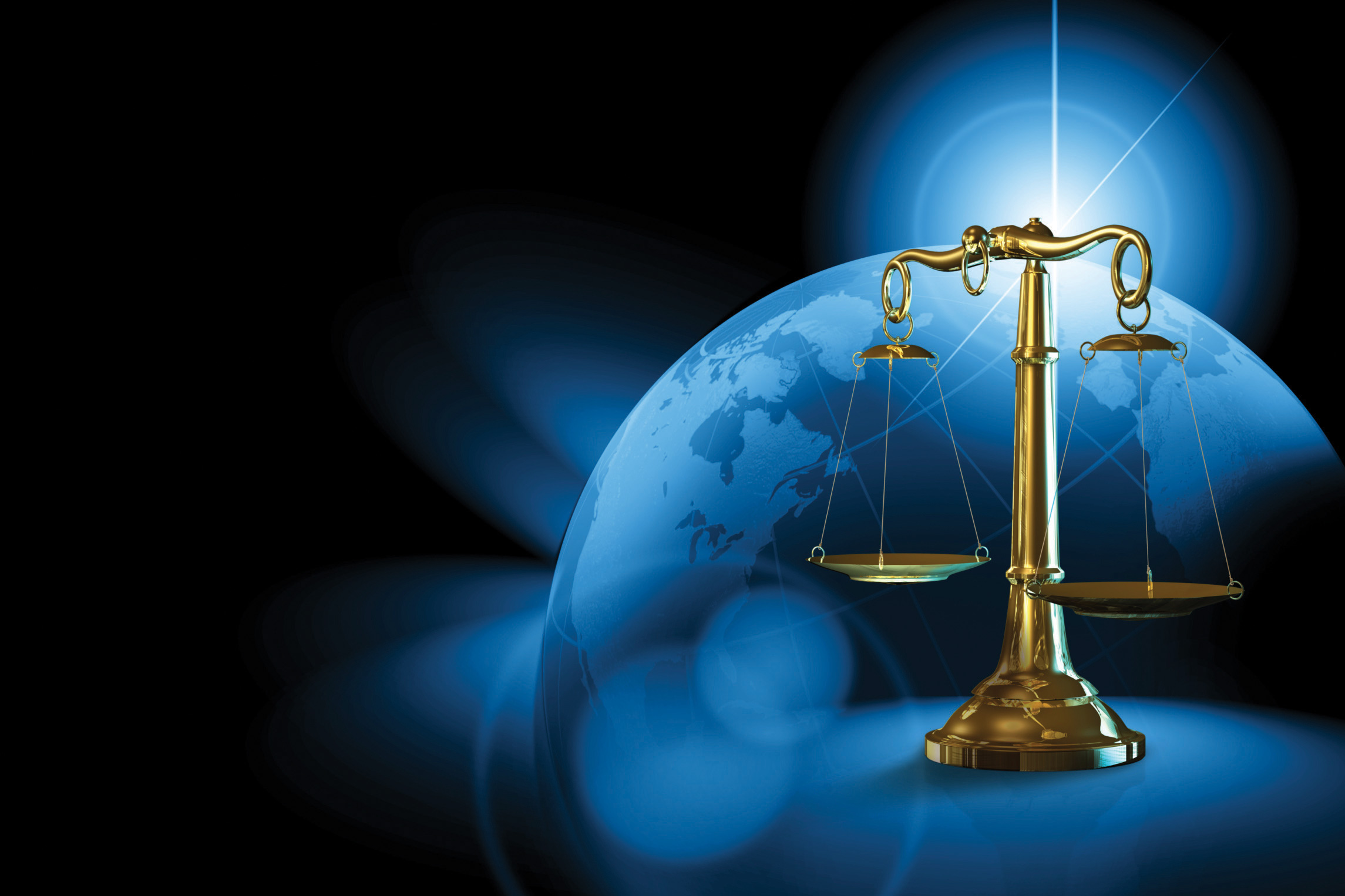The principles and rules which States observe in their dealings with one another are called International Law.
International Law is defined as the system which orders the relations between States and governs their relations with one another.
ADVERTISEMENTS:
It binds them to mutually agreed and recognised principles and rules governing the rights of the States in relation to one another and prescribes a procedure by which those rights can be protected and, in the event of violation, redressed.
Sovereign States are subject of International Law and its scope extends to the acquisition and meaning of Statehood, the rules and procedures of peaceful international intercourse, and the rules and procedure of war.
The law of Statehood deals with the legal personality of the State and its rights, duties and privileges. The rules and procedures of peaceful international intercourse include the law of diplomacy, the law of treaties and the law of pacific settlement of international disputes.
The law of war deals initially with the legal concepts of belligerency and neutrality. In addition, the law of war covers rules for the conduct of warfare relating to population, prisoners of war, prohibition of certain weapons, and similar matters.
ADVERTISEMENTS:
But how far these principles, which constitute the content of International Law, are binding on the States and how do we reconcile such regulations with the sovereignty of the State are important questions to decide.
German writers, for example, Hegel, Jellinek, and Trietschke, while admitting that States are bound in honour and good faith by the terms of international law and treaty obligations, maintain that they are not legal obligations. The States, they contend, voluntarily subject themselves to international obligations, and there is nothing to force their obedience.
Trietschke upholds the right of every State to declare war and to repudiate its treaties. Hitler, too, declared unequivocally that treaties were nothing more than mere scraps of paper.
The sanction of international law, they say, is auto-limitation which can be withdrawn at the will of the State “The subject of international law,” says Trietschke, “being sovereign States subject to no legal superior, they are the Judges in the last analysis of their own rights and of their obligations to other States.”

